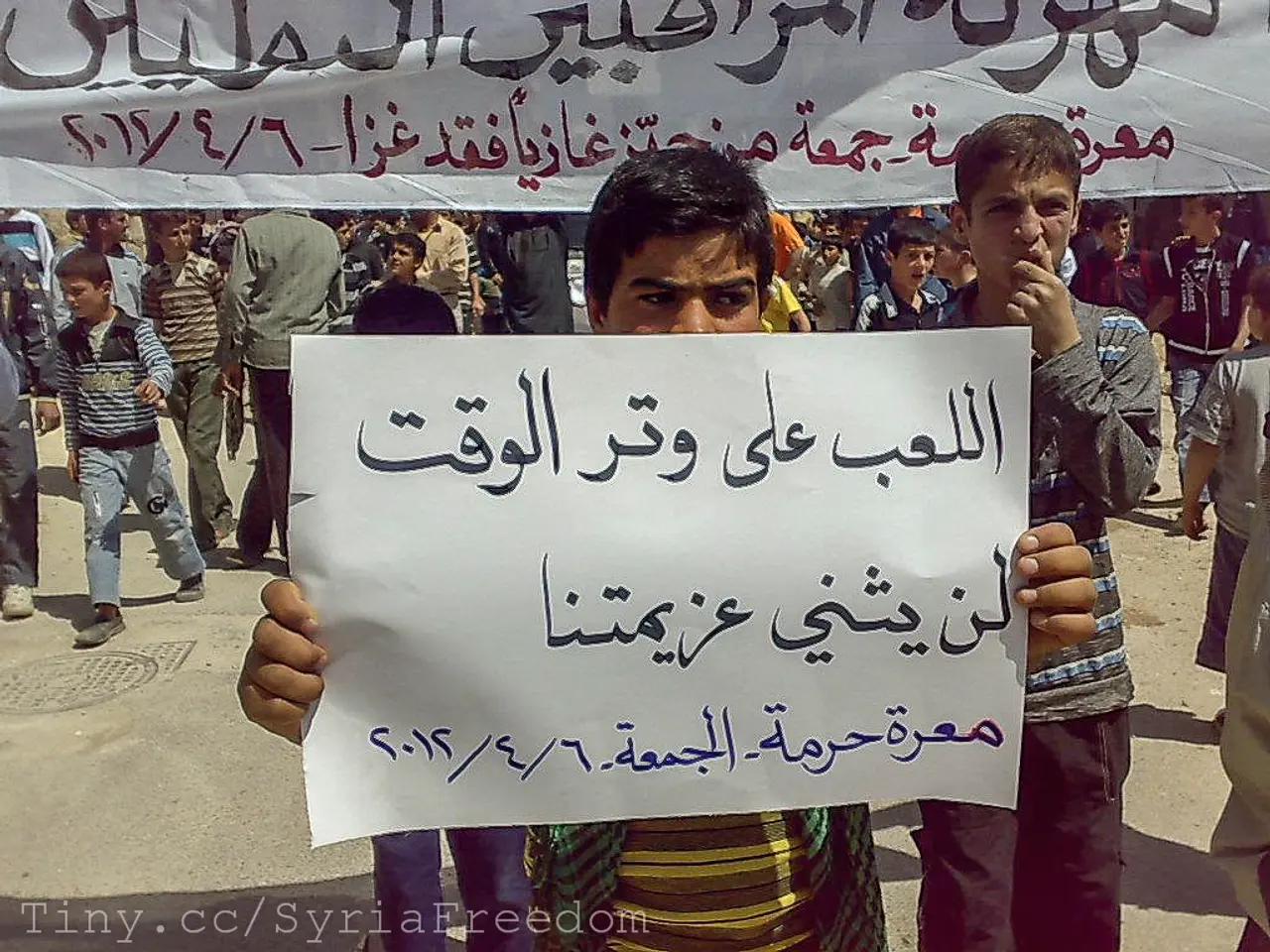Saudi Crown Prince ordered assassination of Khashoggi in USA
The Biden administration has stepped up its pressure on Saudi Arabia, with the latest development coming in the wake of a report by the office of intelligence coordinator Avril Haines. The report, which suggests that Saudi Crown Prince Mohammed bin Salman approved the killing of journalist Jamal Khashoggi on October 2, 2018, has added fuel to the fire in the already strained US-Saudi relations.
The murder of Khashoggi, a prominent critic of the Saudi government, sparked international outrage and has since strained US-Saudi ties. The recent report further reinforces the belief that Bin Salman endorsed the use of force to silence dissent.
The Biden administration's pressure on the kingdom is not limited to human rights concerns. It also encompasses strategic and economic factors affecting bilateral relations, particularly Saudi Arabia's role in OPEC+ oil production cuts that have raised prices and aligned with Russia amid its war against Ukraine.
President Biden has warned of "consequences" and indicated a willingness to reevaluate and renegotiate the US-Saudi relationship, including military cooperation, working with Congress on possible measures like withdrawing US military assets from Saudi Arabia. The administration’s broader critical stance toward Saudi policies indicates continuing friction.
Observers expect the Biden administration to increase pressure on the kingdom with the release of the report. The administration’s efforts to align Saudi Arabia with US regional strategies face challenges due to Riyadh’s nuanced positions following events like the 2023 Israel-Hamas war and Iran’s status.
Additional regional complexities, such as Saudi Arabia’s cautious approach to normalization with Israel, prioritization of regional stability, and economic plans like Vision 2030, also shape the US-Saudi dynamic.
A photo of the Saudi Arabian flag, provided by dpa, can be shared or emailed to illustrate this article.
[1] The New York Times. (2021, October 27). Biden Warns Saudi Arabia of Consequences for Actions. Retrieved from https://www.nytimes.com/2021/10/27/world/middleeast/biden-saudi-arabia.html
[2] The Washington Post. (2021, November 15). Biden administration signals it may reconsider US-Saudi strategic relationship. Retrieved from https://www.washingtonpost.com/world/2021/11/15/biden-administration-saudi-arabia/
[3] The Guardian. (2021, November 16). Biden administration steps up pressure on Saudi Arabia over Khashoggi killing. Retrieved from https://www.theguardian.com/world/2021/nov/16/biden-administration-steps-up-pressure-on-saudi-arabia-over-khashoggi-killing
[4] Al Jazeera. (2021, November 17). Biden administration links Saudi crown prince to Khashoggi killing. Retrieved from https://www.aljazeera.com/news/2021/11/17/biden-administration-links-saudi-crown-prince-to-khashoggi-killing
[5] Reuters. (2021, November 18). Biden administration says Saudi crown prince approved Khashoggi killing. Retrieved from https://www.reuters.com/world/us/biden-administration-says-saudi-crown-prince-approved-khashoggi-killing-2021-11-18/
Other general news sources have reported that the Biden administration's pressure on Saudi Arabia extends beyond human rights concerns, delving into politics, war-and-conflicts, and economic factors influencing their relationship. The recent report implicating Saudi Crown Prince Mohammed bin Salman in the killing of journalist Jamal Khashoggi has reignited debates about Saudi Arabia's role in regional politics.







